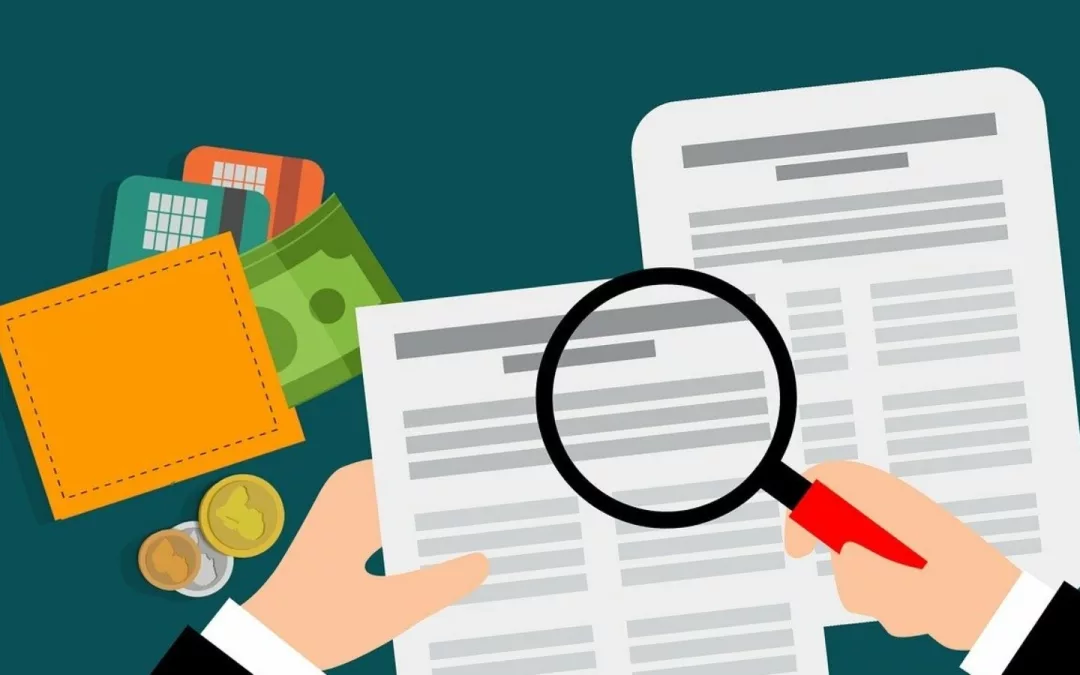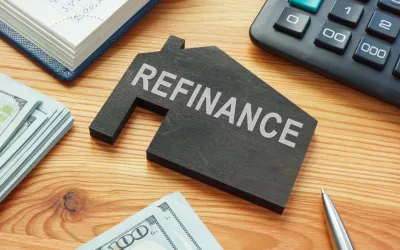Your credit score plays a crucial role in your financial life. Whether you’re looking to buy a house, finance a car, or even apply for a credit card, a good credit score can open doors to better interest rates and favorable financial opportunities. Here are the top five tips to help you improve your credit score and secure a healthier financial future.
1. Monitor Your Credit Report Regularly:
To improve your credit score, you first need to know where you stand. Regularly monitoring your credit report is essential. Check for any errors, incorrect information, or accounts that you’re not responsible for. Report any inconsistencies to the credit bureau for correction. Remember, an accurate credit report is the foundation of a good credit score.
2. Make Timely Payments:
Late or missed payments can significantly impact your credit score. One of the most effective ways to improve it is to make payments on time consistently. Set up automatic payments for your bills or create a reminder system to ensure you never miss a payment. Paying your bills on time shows lenders that you are a responsible borrower, positively impacting your creditworthiness.
3. Reduce Your Credit Utilization Ratio:
The credit utilization ratio, or the amount you owe compared to your total credit limit, is a key factor that determines your credit score. High utilization ratios suggest financial instability and can lower your score. Aim to reduce your credit card balances to below 30% of their limits and then 10%. By paying down your debts and utilizing less credit, you demonstrate financial responsibility and improve your score.
4. Don’t Close Unused Credit Cards:
Closing a credit card might seem like a wise decision if you’re not using it, but it may harm your credit score. When you close a credit card, you reduce your overall available credit. This in turn increases your credit utilization ratio, leading to a potential decline in your score. Instead of closing unused cards, keep them open and use them occasionally to maintain activity and prolong your credit history.
5. Diversify Your Credit Mix:
Creditors want to see how responsible you are with various types of credit. Having a mix of credit accounts, such as credit cards, installment loans, and a mortgage, demonstrates that you can handle different financial obligations. However, it’s important to note that this tip should not encourage taking on excessive debt. Only borrow what you need and can manage comfortably.
Conclusion:
Improving your credit score is a journey that requires discipline and time. It’s essential to be patient, consistent, and responsible with your financial decisions. By monitoring your credit report, making timely payments, reducing credit utilization, keeping unused credit cards open, and diversifying your credit mix, you’ll gradually see progress in your credit score. Remember, a good credit score opens doors for better financial opportunities and can provide peace of mind when it comes to your personal finances.
Understanding the VA IRRRL Program
The VA IRRRL (Interest Rate Reduction Refinance Loan) program is a valuable benefit offered by the Department of Veterans Affairs (VA) to eligible veterans and service members. Designed to make refinancing simpler and more affordable, the IRRRL program has gained...
Negotiating the Best Price on a Home: Savvy Strategies for Homebuyers
Purchasing a home is one of the most significant financial decisions in most people's lives. Securing the best possible price for your dream home not only saves money but also sets the foundation for a sound financial future. Negotiating the purchase price of a home...
How to know if it is the right time to refinance your mortgage
Refinancing your mortgage can be a strategic financial move, potentially saving you money and offering various benefits. However, determining the right time to refinance requires careful consideration of several factors. In this blog post, we'll explore key indicators...




